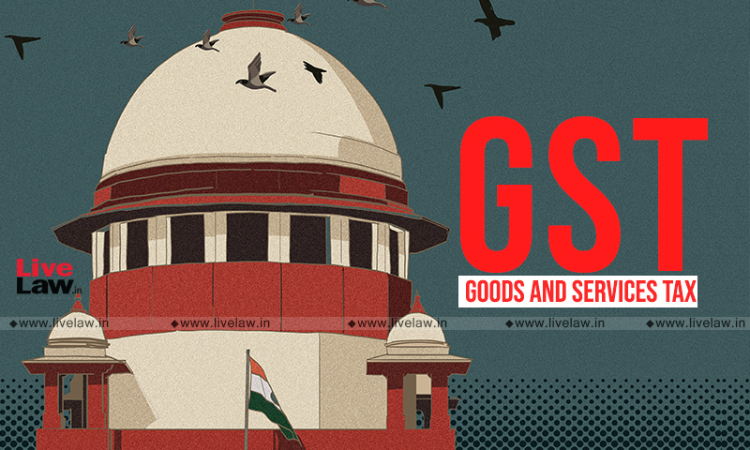GST Evasion Can't Be Presumed Merely Because Goods Were Delivered After Expiry Of E-Way Bill Due To External Factors Like Traffic Block: Supreme Court
Sohini Chowdhury
26 Jan 2022 9:23 PM IST

The Supreme Court imposed cost on GST official for unnecessary harassment of assessee.
Next Story


